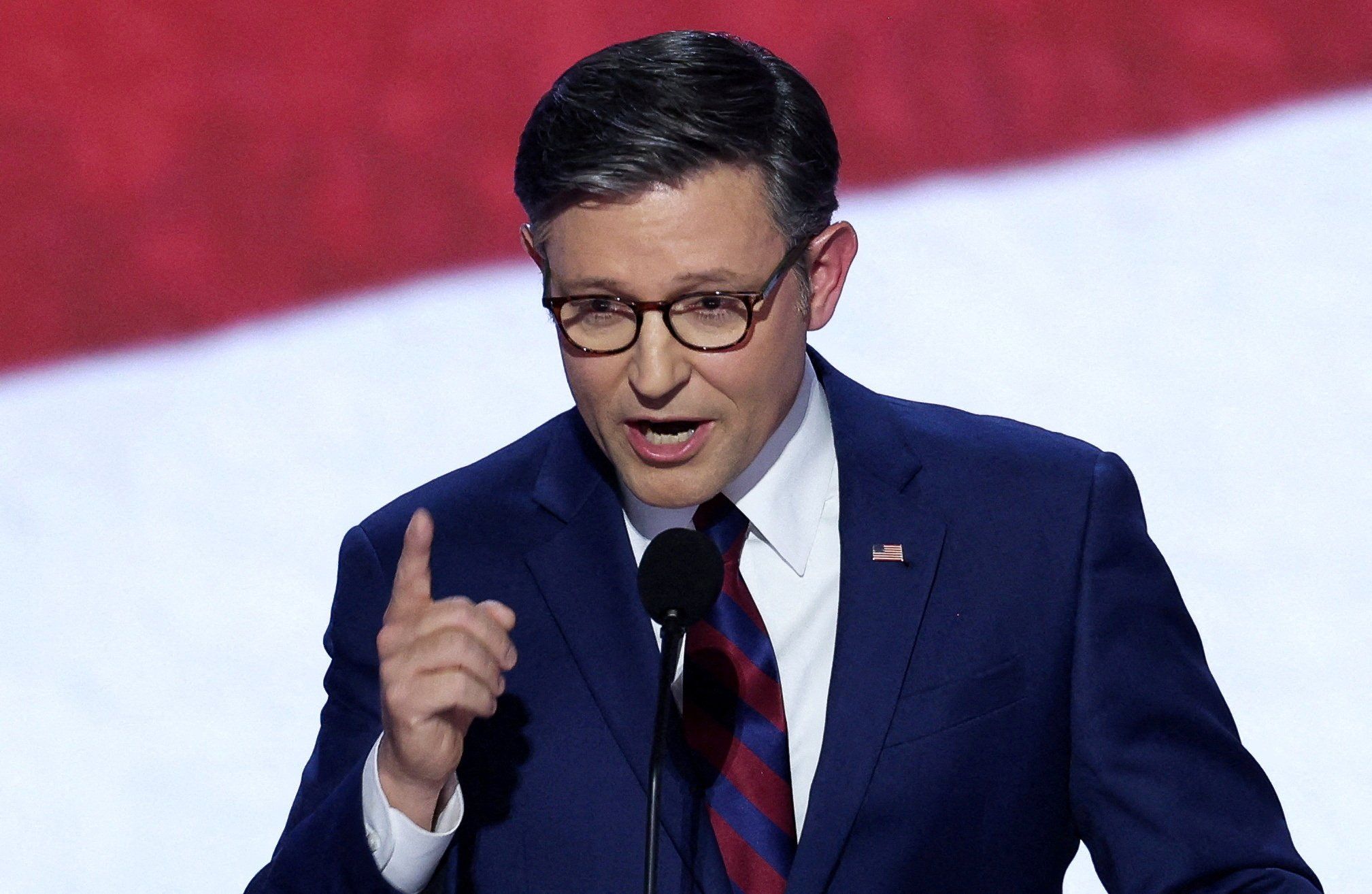Too clever by half, Mike. With a US government shutdown looming on Oct. 1, and the election to follow in November, US House Speaker Mike Johnson had a plan.
He proposed that a fresh six-month government funding bill be tied to a new election security measure that would require people to provide proof of citizenship in order to vote. That bill grew out of longstanding but unsubstantiated Republican concerns about non-citizens voting in sizable numbers.
Donald Trump, who’s built much of his campaign on grievances about illegal immigration, has called for a shutdown if Congress won’t pass the election security measure.
But that seems to have backfired. Democrats want Johnson to instead work on a bipartisan standalone government funding measure. A handful of GOP lawmakers are also opposed – some because the spending bill doesn’t address their deficit concerns, others because it would freeze Pentagon budgets at current levels, handcuffing defense planners.
Lacking the votes, Johnson pulled the bill ahead of a scheduled vote on Wednesday.
He plans to work on the defectors this weekend and may still go ahead with a vote next week. But with a razor-thin GOP majority, it’s a gamble, which means both parties are engaged in a game of chicken to avoid a deeply unpopular government shutdown just weeks before the election.
